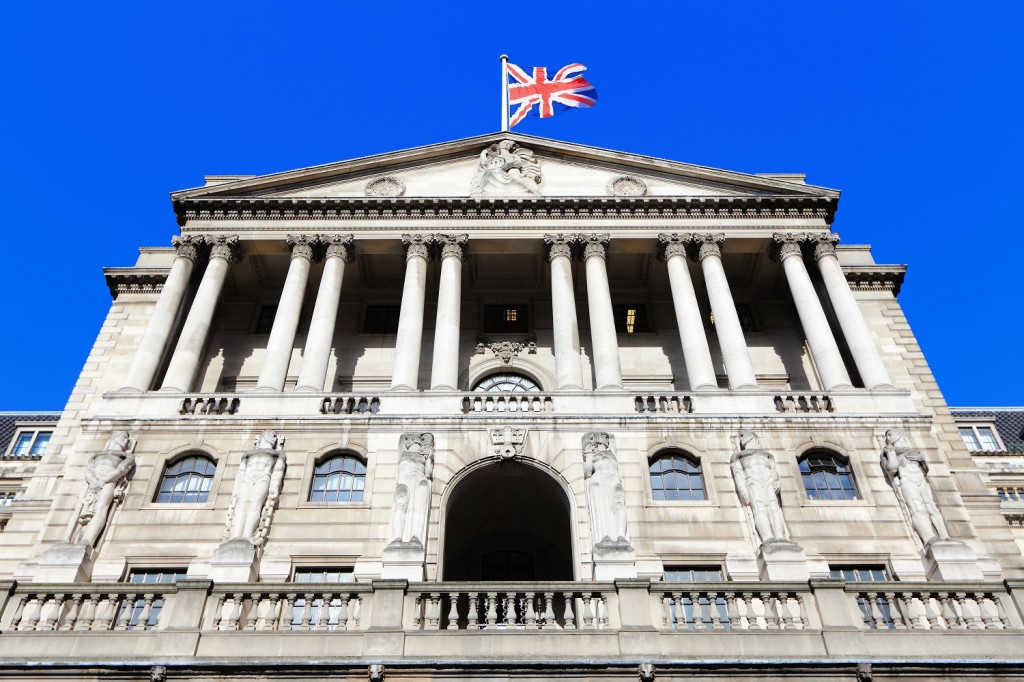
The Bank of England has held the base rate at 4% as widely expected.
The rate-setting Monetary Policy Committee voted in a 5-4 split in favour of holding the rate, which affects a wide range of consumer loan agreements from credit card to mortgage payments.
Sarah Breeden, Swati Dhingra, Dave Ramsden and Alan Taylor are the four members who voted to reduce bank rate by 0.25% to 3.75%.
The bank rate was held at 4% in September after being cut from 4.25% to 4% in the August meeting.
In September, the MPC voted 7–2 to maintain Bank rate at 4%, with just Alan Taylor and Swati Dhingra pressing to cut the interest rate by a quarter point to 3.75%.
In the MPC summary today, it states: “CPI inflation is judged to have peaked. Progress on underlying disinflation continues, supported by the still restrictive stance of monetary policy.”
“This is reflected in an easing of pay growth and services price inflation. Underlying disinflation is being underpinned by subdued economic growth and building slack in the labour market.”
“Monetary policy is being set to balance the risks around meeting the 2% inflation target sustainably.”
“The risk from greater inflation persistence has become less pronounced recently, and the risk to medium-term inflation from weaker demand more apparent, such that overall the risks are now more balanced. But more evidence is needed on both.”
“The restrictiveness of monetary policy has fallen as Bank Rate has been reduced. The extent of further reductions will therefore depend on the evolution of the outlook for inflation. If progress on disinflation continues, Bank Rate is likely to continue on a gradual downward path.
Last week, economists predicted there could be a surprise cut to the base rate today.
Goldman Sachs said a weaker economy, lower inflation forecasts and lower wage rises would be among the factors that they thought would lead the Bank’s MPC to cut the cost of borrowing.
Ahead of today, Barclays and UniCredit had also predicted that a cut could be on the cards.
The ONS reported that inflation remained at 3.8% in October. While this figure is still relatively high, it was lower than expected after economists had widely predicted it would reach a peak of 4% in September.
Average wage growth was 4.7% in the three months to August, the latest data showed, down from 4.8% over the three months to July.
While the UK economy grew by 0.3% over the three months to August.
Commenting on the decision, MT Finance director of bridging Raphael Benggio says: “The decision by the MPC to maintain interest rates at 4% was expected. While inflationary pressures seem to be stabilising, maintaining rates also provides some reassurance to investors and the property market in general.”
“Although a rate reduction before Christmas would be a welcome boost to the economy, it could be that the MPC are holding out until the Autumn Budget is delivered before making a decision regarding cuts.”
“However, we doubt this would form the basis of their decision and would suggest that the biggest driver would be whether inflation can reduce further.”



